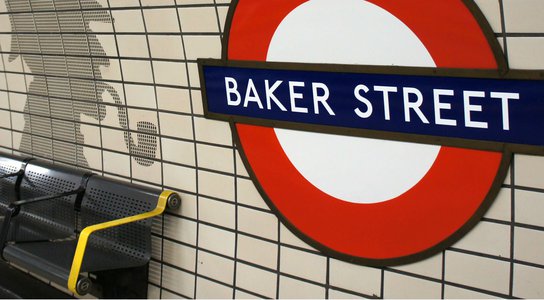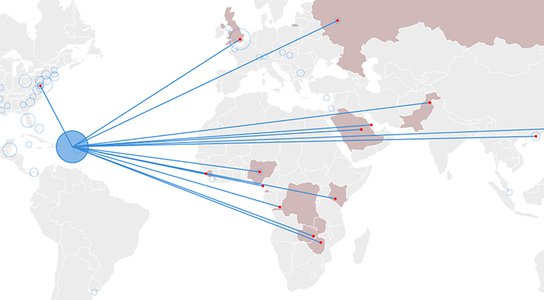This new investigation lifts the lid on how suspect funds can enter the U.S.
Wearing a hidden camera, a Global Witness investigator met with 13 New York law firms. Posing as an adviser to a foreign government minister, the investigator asked the lawyers how to anonymously move large sums of money that should have raised suspicions of corruption. In all but one case, the lawyers provided suggestions on how the minister might get the money into the U.S. without detection.
The meetings were all preliminary; none of the law firms took the investigator on as a client.
The key findings from the investigation are:
- Lawyers from 12 firms suggested using anonymously-owned companies or trusts to hide the fictitious minister’s assets. All but one of these firms recommended using American companies.
- Some of the lawyers suggested using their law firms’ own bank accounts to help prevent U.S. banks detecting who the money belonged to; some also suggested that they themselves become a trustee of an offshore trust and use this position to open a bank account.
- Only one lawyer refused point blank to provide any suggestions during the meetings.
Anonymously-owned companies are
often used by criminals to cover up illegal behavior and launder money. They
can be used to do business just like any other company, with one critical
difference – it’s almost impossible to tell who the real human being behind
them is. Instead, the company can be owned by a “nominee” – someone who rents
out their identity – or even by another company, which itself can be
anonymously-owned. This hurts ordinary people and society as a whole. It has a
particularly devastating impact on developing countries which lose billions of
dollars that may otherwise be spent providing services, such as education and
infrastructure.
Global Witness has sought the view of two leading U.S. legal ethics professors, William Simon of Columbia Law School and John Leubsdorf of Rutgers School of Law on the legal ethics rules governing lawyers. The ethics professors concluded that Mr. Silkenat and his partner, Mr. Finnegan, did not violate the governing legal ethics rules and provided the following opinion on the conduct of Marc Koplik, John Jankoff and Gerald Ross in the preliminary meetings. Their opinion reinforces that the legal ethics rules should be revised to explicitly bar lawyers from assisting prospective clients in illegal or fraudulent conduct. Click here for the full report from Professors Simon and Leubsdorf.
Find out more
-
Robert Palmer


